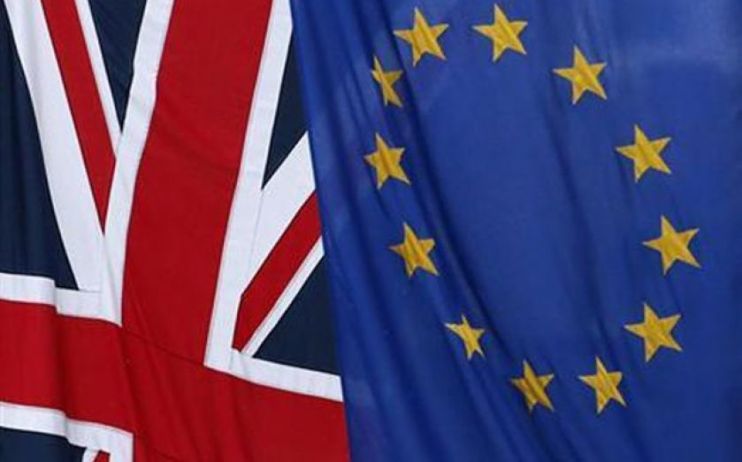Johnson says UK is ‘on the side of openness’ following EU vaccine row

Prime Minister Boris Johnson today said that Britain is “on the side of openness” and that did he not want to see restrictions on the exchange of Covid-19 vaccines with the European Union.
Yesterday the EU tightened its oversight of coronavirus vaccine exports, giving it greater scope to block shipments to countries with higher inoculation rates such as Britain, or that are not sharing doses they produce.
But the UK and European Commission have vowed to co-operate to create a “win-win situation” for both sides amid an ongoing dispute about vaccine supplies.
In a joint statement last night, the British government and European Commission said: “We are all facing the same pandemic and the third wave makes co-operation between the EU and UK even more important.
“We have been discussing what more we can do to ensure a reciprocally beneficial relationship between the UK and EU on Covid-19.”
This morning Johnson’s reiterated his commitment to work closely with the EU, saying: “One thing I would say is that we’re on the side openness. That’s where we are. I don’t want to see blockades of vaccines or medicines, I don’t think that’s the way forward either for us or any of our friends,”
The two sides have pledged to work on “specific steps we can take — in the short-, medium- and long-term — to create a win-win situation and expand vaccine supply for all our citizens.”
As they vouched to continue discussions around sharing vaccine supplies between the UK and the bloc, the two sides added: “In the end, openness and global co-operation of all countries will be key to finally overcoming this pandemic and ensure better preparation for meeting future challenges”.
There had been very little harmony earlier in the day, after the EU threatened to implement fresh restrictions on vaccine exports to the UK as it scrambled to shore up supplies for the continent.
The warning sparked concerns that failure to reach a cross-Channel agreement would result in a vaccine trade war, as the EU continues to trail far behind Britain in its vaccine rollout.
Reciprocity and proportionality
Exports of coronavirus vaccines to the UK will now be based on “reciprocity and proportionality”, meaning border officials will need to take into account the vaccination rate and vaccine supply of countries before shipments can be authorised.
“While our member states are facing the third wave of the pandemic and not every company is delivering on its contract, the EU is the only major OECD producer that continues to export vaccines at large scale to dozens of countries,” European Commission president Ursula Von der Leyen told a press conference.
Italy became the first country to trigger the vaccine export mechanism earlier this month, when it blocked the shipment of 250,000 doses of the Astrazeneca vaccine to Australia due to supply shortages in the Mediterranean country.
Von der Leyen said last week that the bloc was facing “the crisis of this century”, as EU leaders face mounting criticism over its sluggish vaccine programme.
An average of just 11.3 per cent of the EU’s adult population have received their first dose of a coronavirus vaccine, according to the European Centre for Disease Prevention and Control’s Covid Vaccine Tracker. That compares to more than 50 per cent of Britain’s adult population that have received their first injection.
Speaking in the Commons this afternoon, Boris Johnson insisted the “partnership we have with our European colleagues is very important”, stressing that discussions across the Channel to ease the deadlock were ongoing.
“I don’t think blockades of either vaccines or ingredients is sensible — the long-term damage done by blockades can be very considerable,” he said.
In a further warning, the Prime Minister added: “I would just gently say to anybody considering a blockade, or interruption of supply chains, that companies may look at such actions and draw conclusions about whether or not it is sensible to make future investments in countries where arbitrary blockades are imposed.”